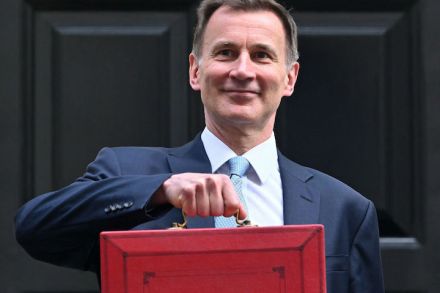Should the US get rid of the Electoral College?
30 min listen
To discuss whether the Electoral College is out of date and in need of reform, Freddy Gray is join by Michael Kazin – a professor of history at Georgetown University and emeritus coeditor of Dissent. His most recent book, What It Took to Win: A History of the Democratic Party, has just been released in paperback. Join Freddy Gray a special live recording of Americano on Thursday 24 October. You can buy tickets at www.spectator.co.uk/electionspecial.




















